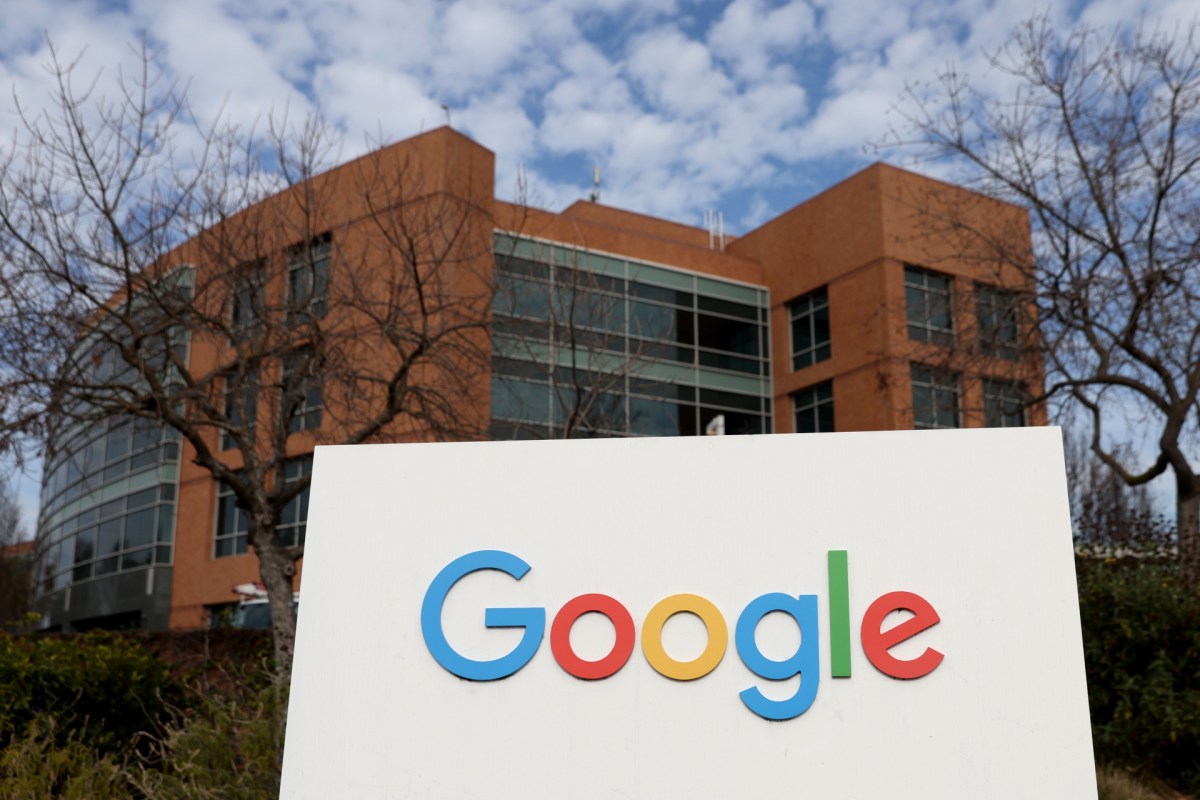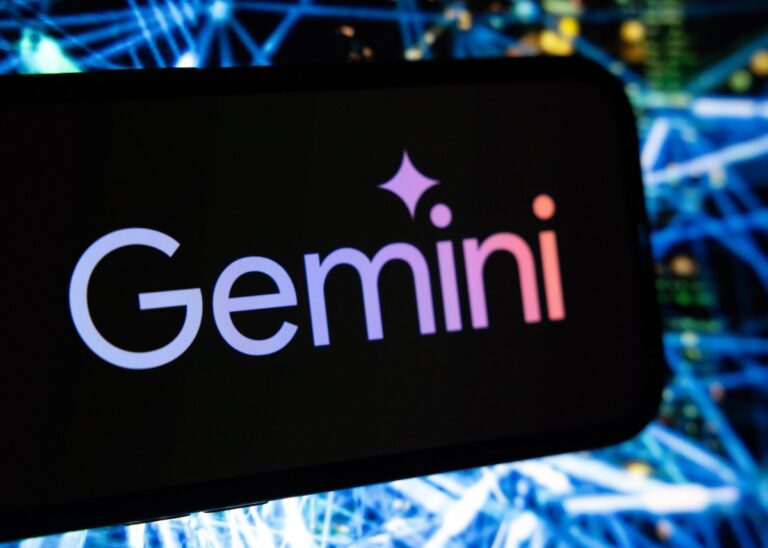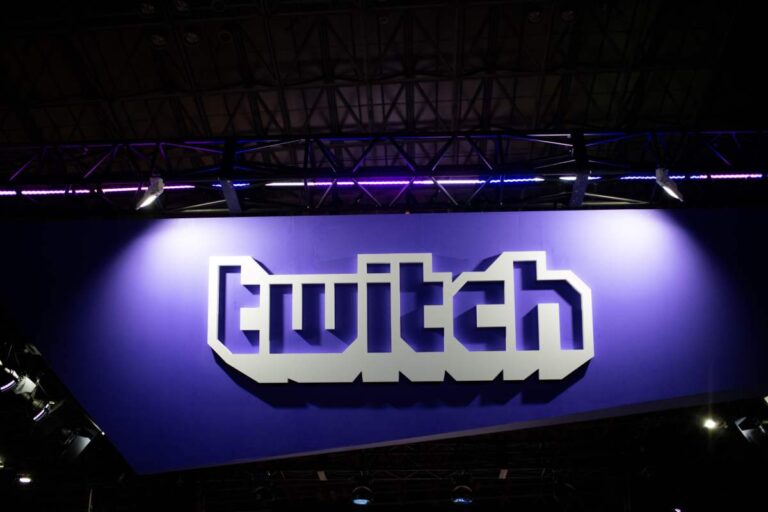Google Removes Cultural Events from Calendar: What It Means for Global Celebrations
In a significant update to its digital calendar, Google has decided to remove several notable events, including Black History Month and Pride Month, from being displayed by default. This change has sparked discussions regarding the implications for cultural recognition and diversity.
Events Removed from Google Calendar
Alongside Black History Month and Pride Month, other cultural observances that have been excluded from the default calendar include:
- Jewish Heritage Month
- Indigenous Peoples’ Month
- Holocaust Remembrance Day
- Hispanic Heritage Month
Official Statement from Google
Madison Cushman Veld, a spokesperson for Google, confirmed these changes to TechCrunch. The updates will take effect in mid-2024, aligning the calendar with the holidays and observances listed on timeanddate.com.
Reasons Behind the Change
According to Veld, the Calendar team initially added a variety of cultural moments manually across different countries. However, they received feedback indicating that some events were missing. Veld stated:
“Maintaining hundreds of moments manually and consistently globally wasn’t scalable or sustainable.”
Users can still add important events manually to their calendars, maintaining some level of personalization.
Recent Controversies and Broader Context
This calendar update comes just a day after Google renamed the Gulf of Mexico to the “Gulf of America” for users in the United States. This change aligns with a directive from the previous administration, reflecting a broader trend in reconsidering geographical names.
The Impact on Diversity and Inclusion Initiatives
The timing of these changes has raised eyebrows, especially as they coincide with a wider rollback of Diversity, Equity, and Inclusion (DEI) programs across major tech firms. Companies like Meta, Google, and Amazon have re-evaluated or even eliminated various DEI initiatives. Notably, Google and Amazon have adjusted the language in their 10-K filings to downplay or remove references to DEI efforts.
As these changes unfold, it remains to be seen how users and communities will respond. The shift raises important questions about cultural representation and the role of technology in promoting inclusivity.







